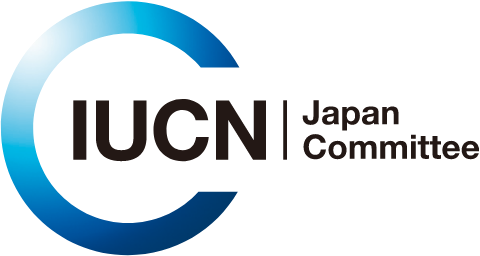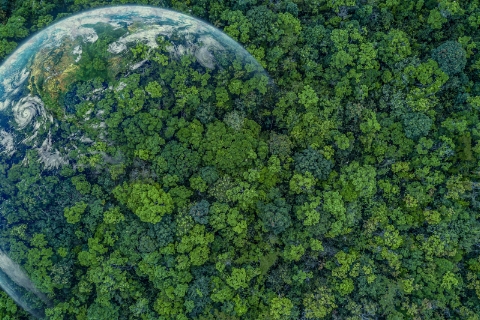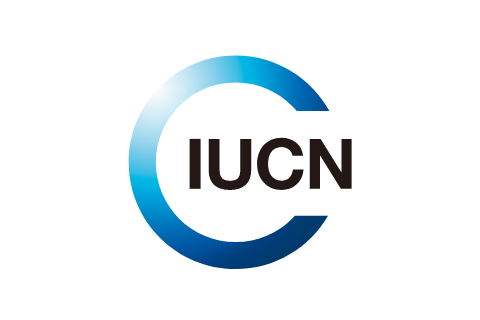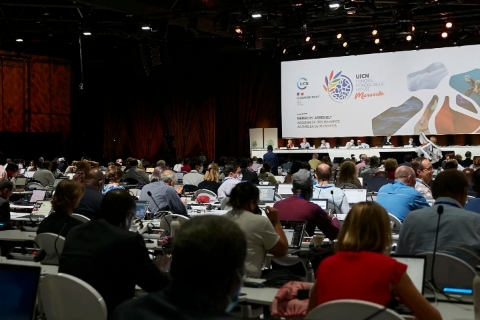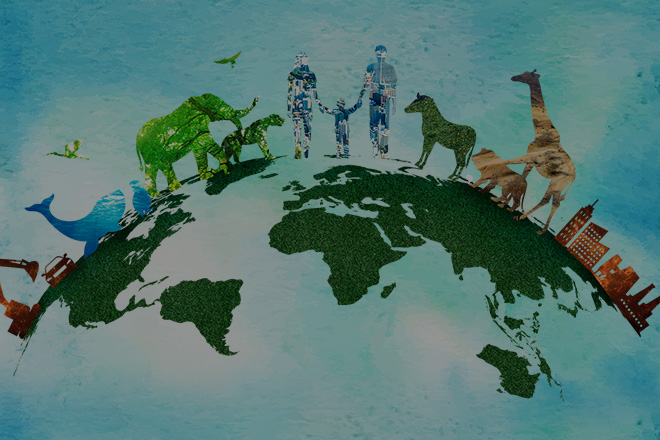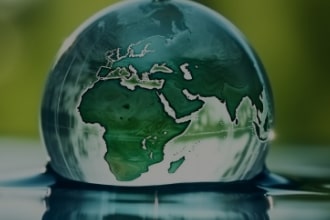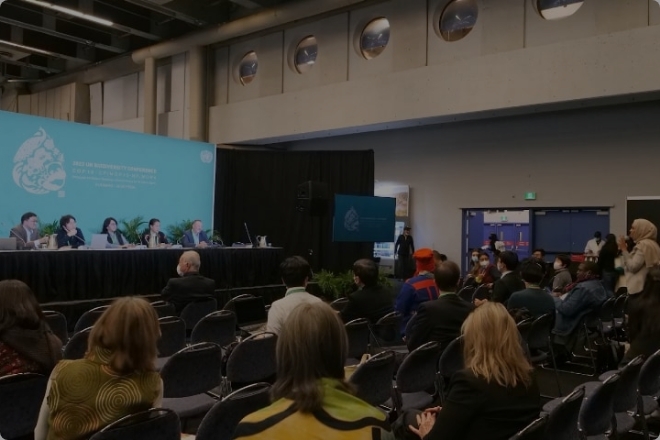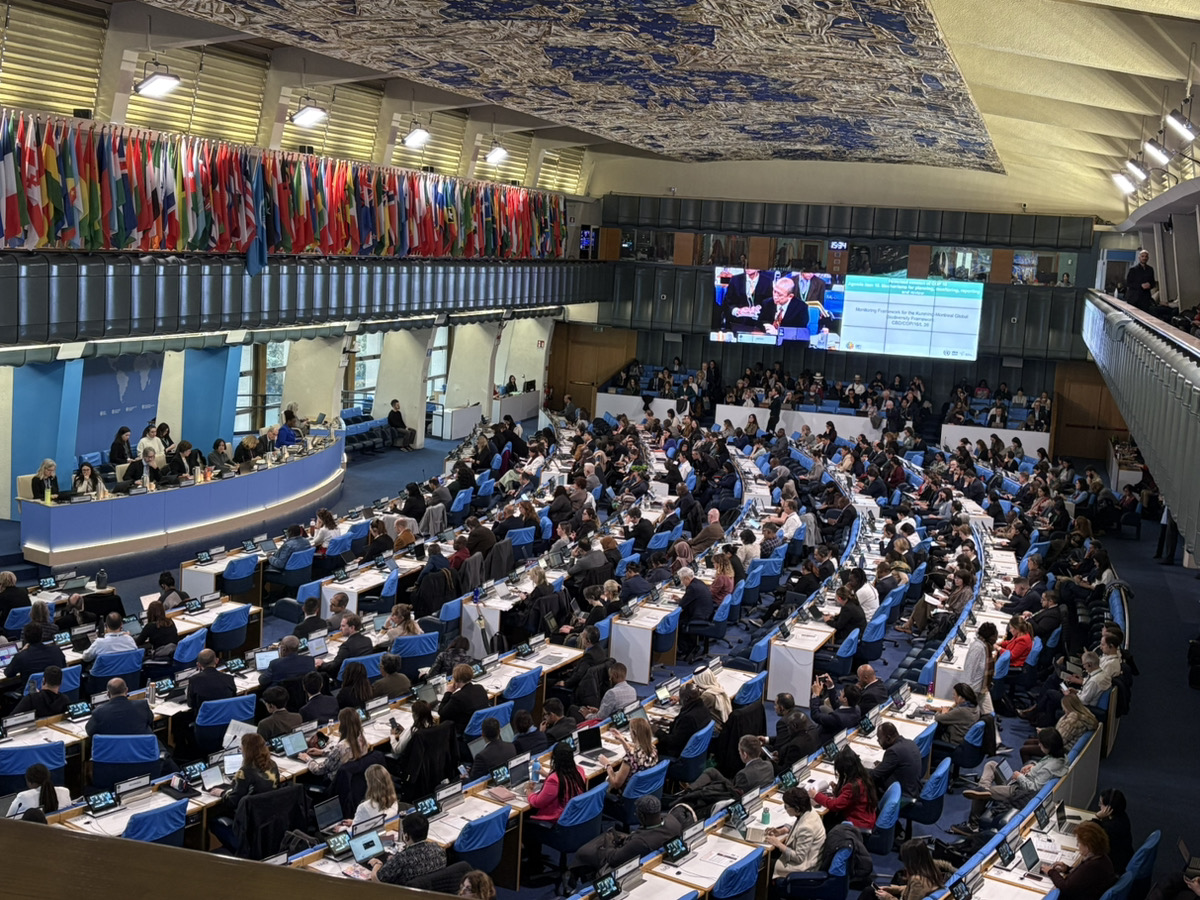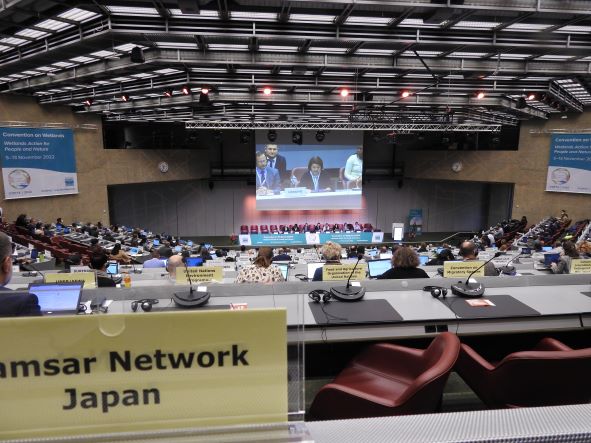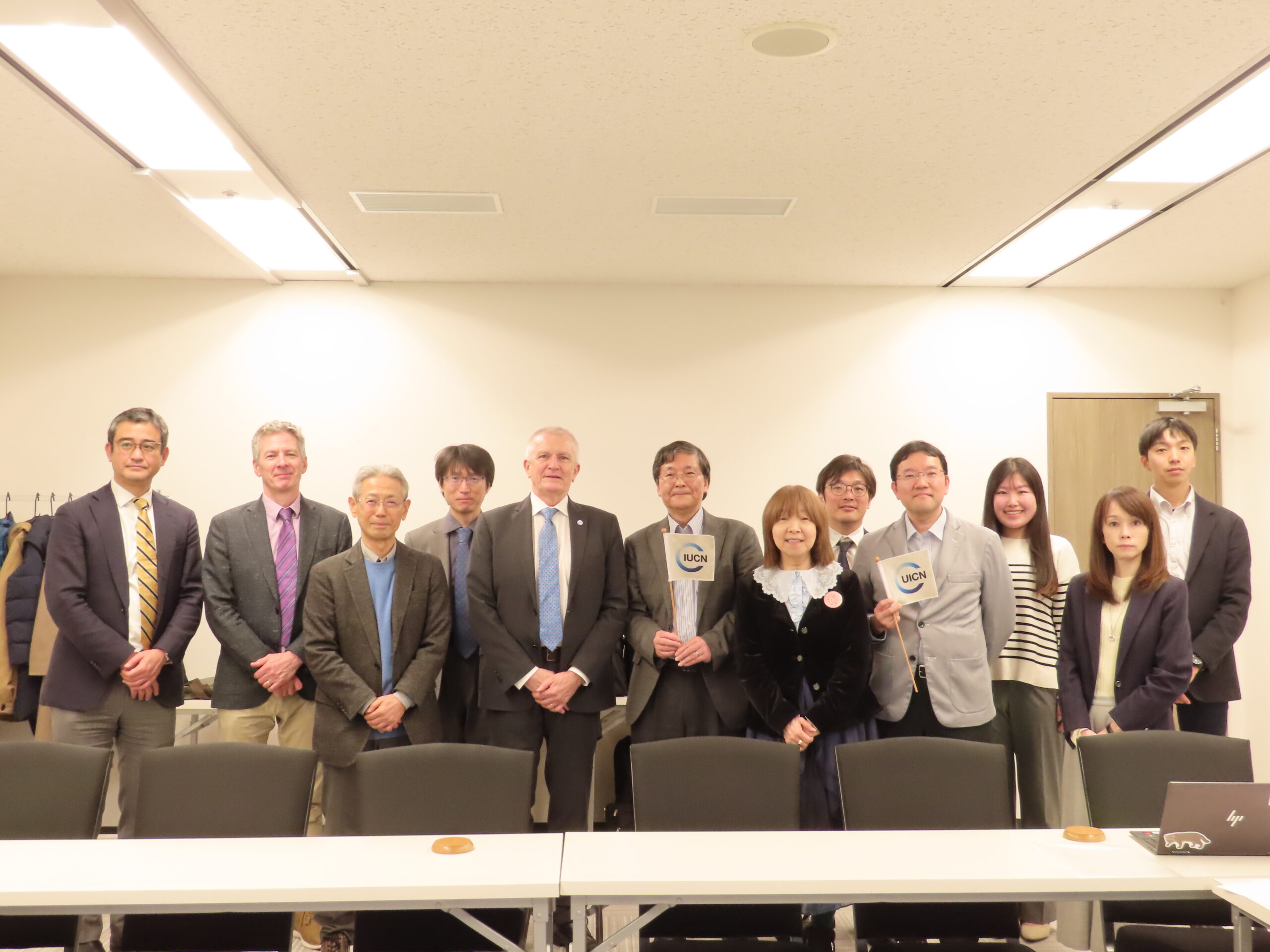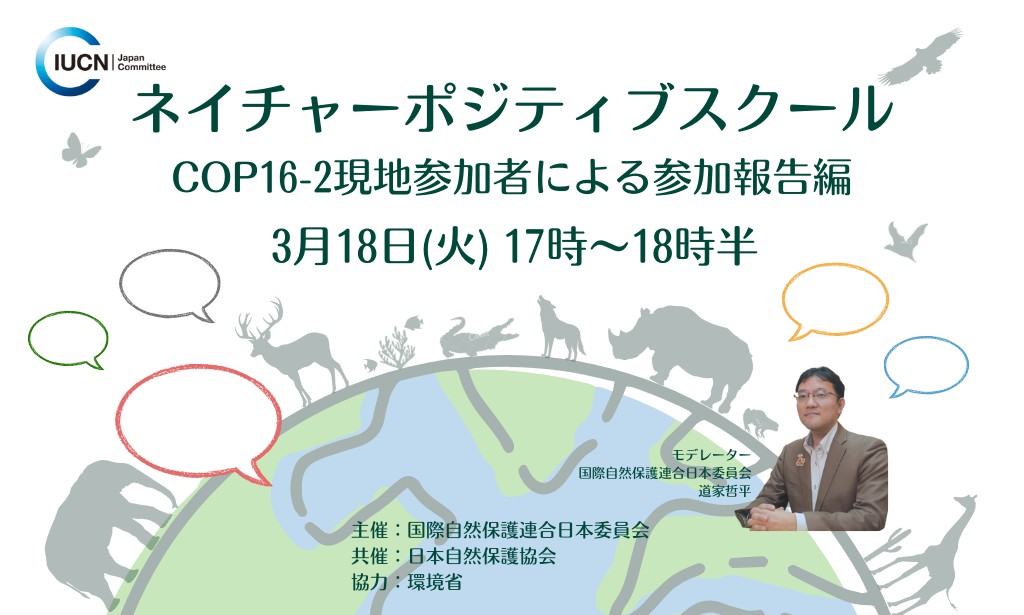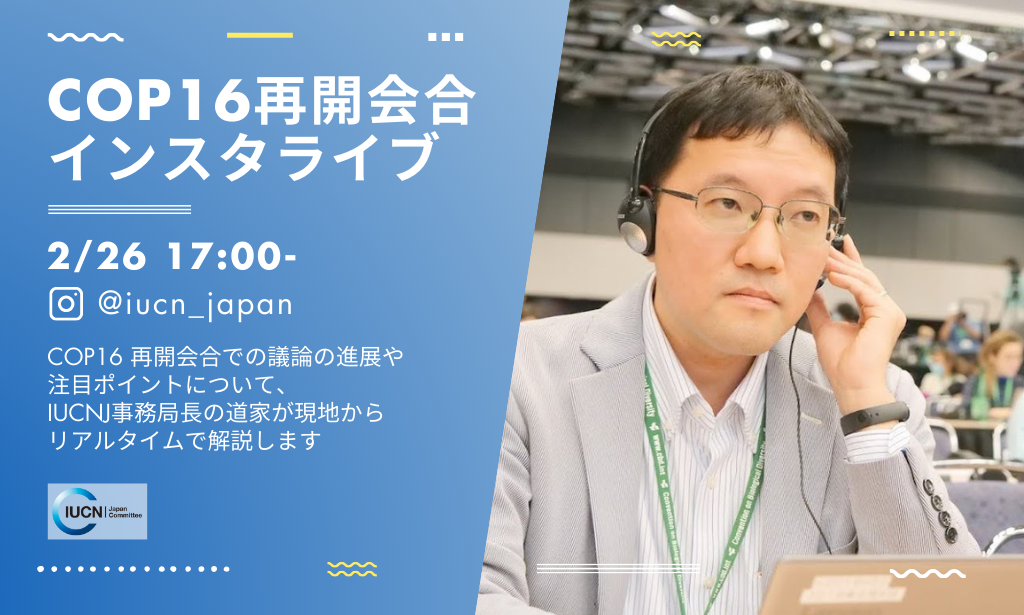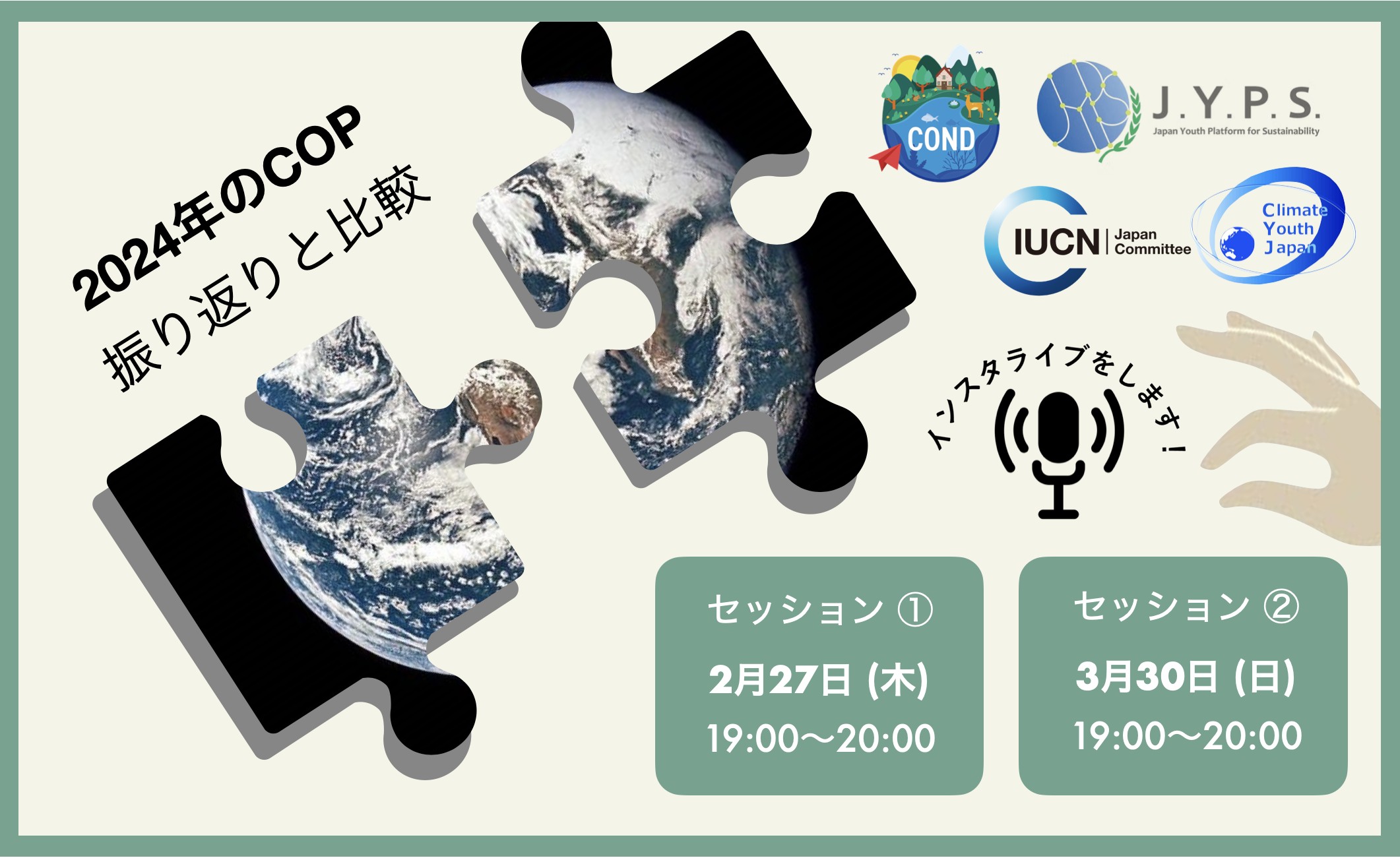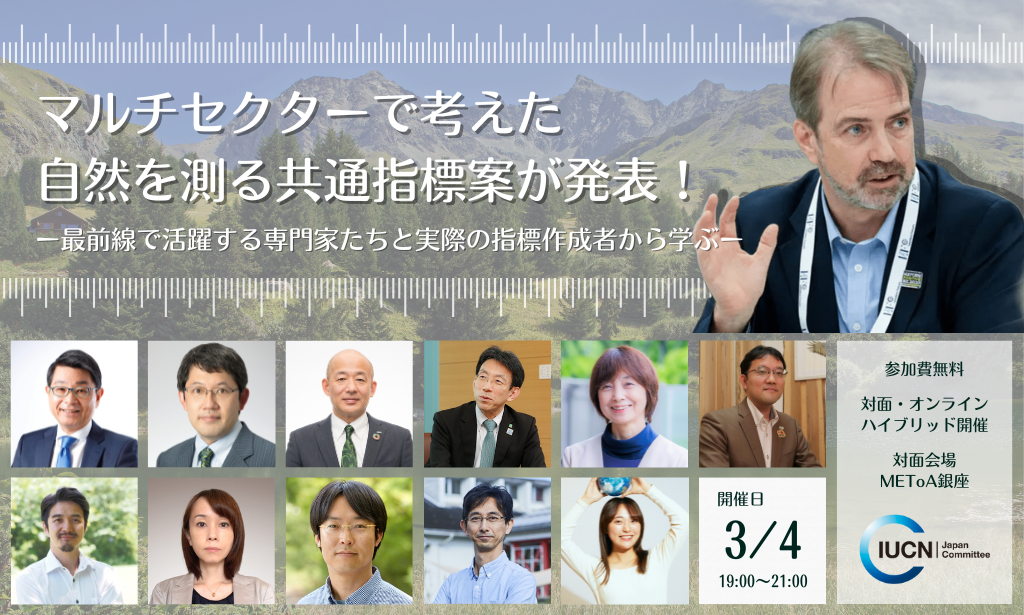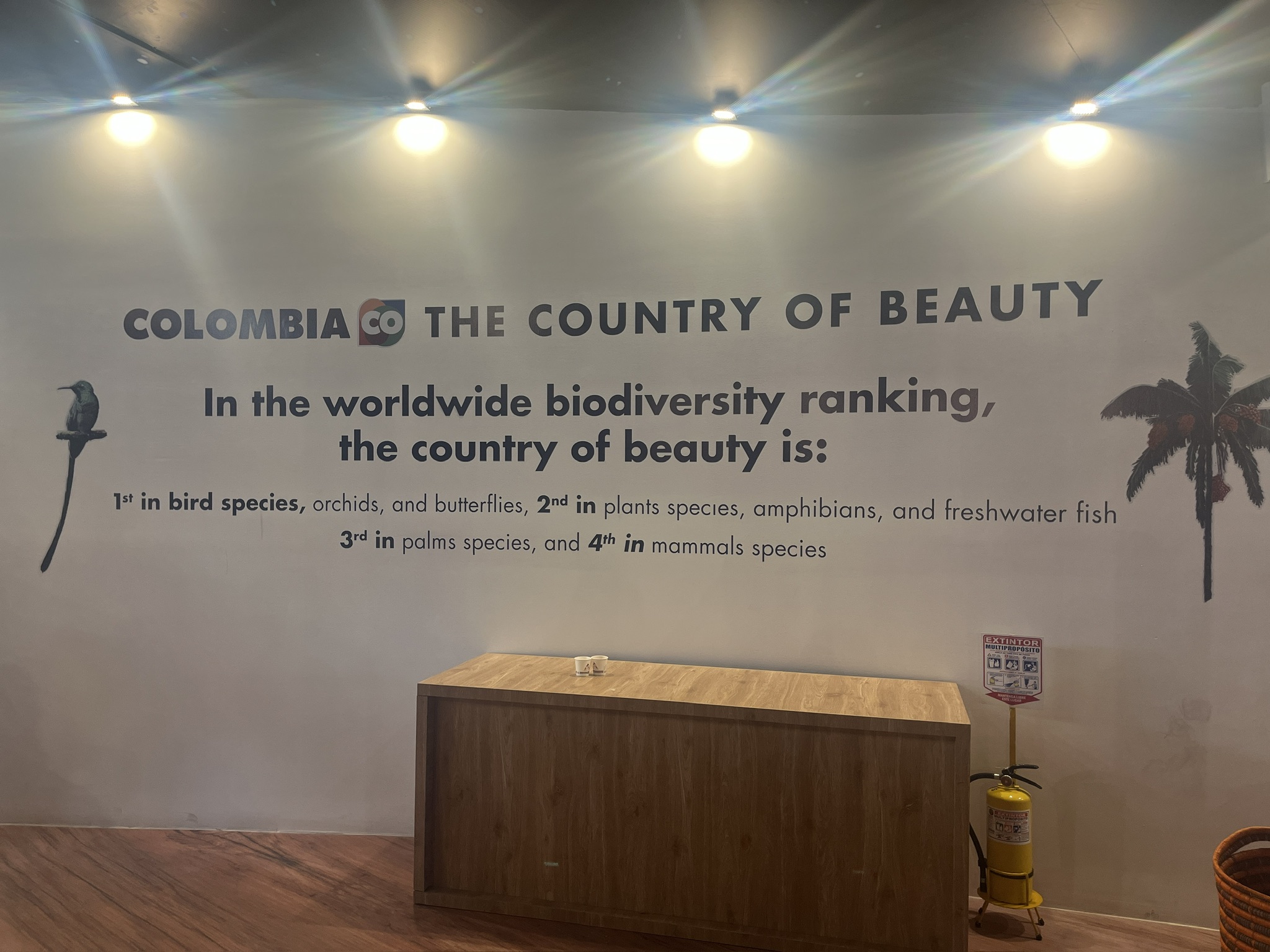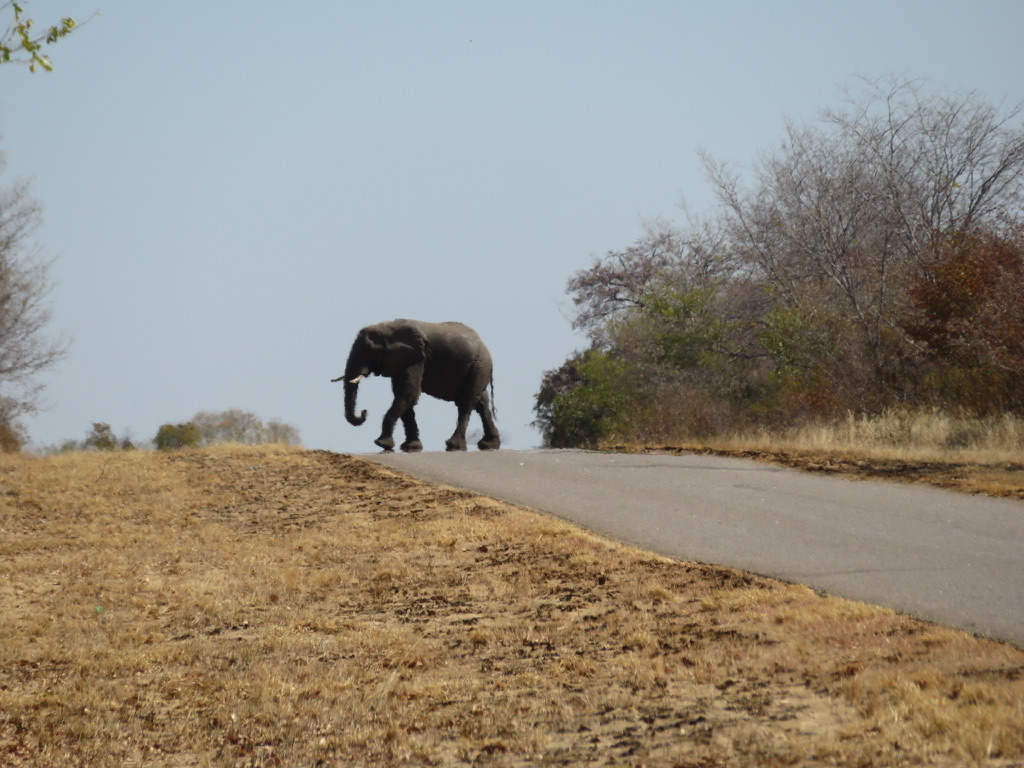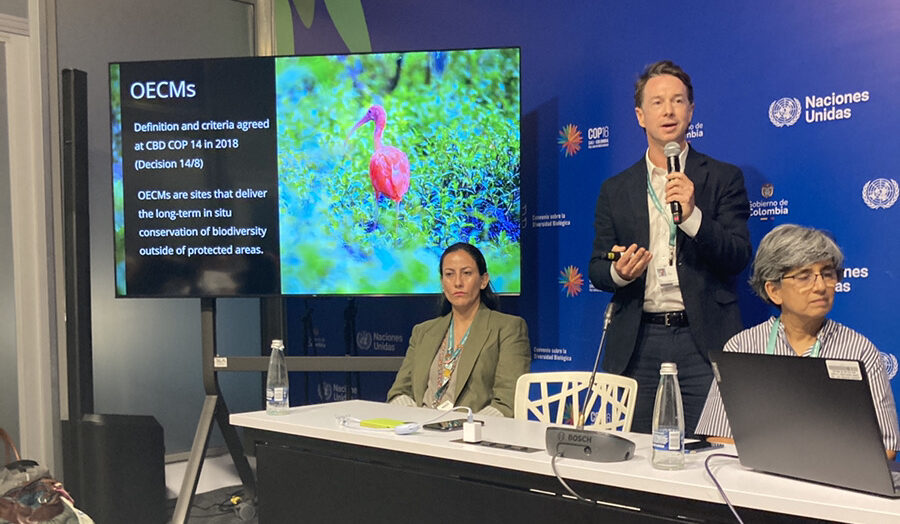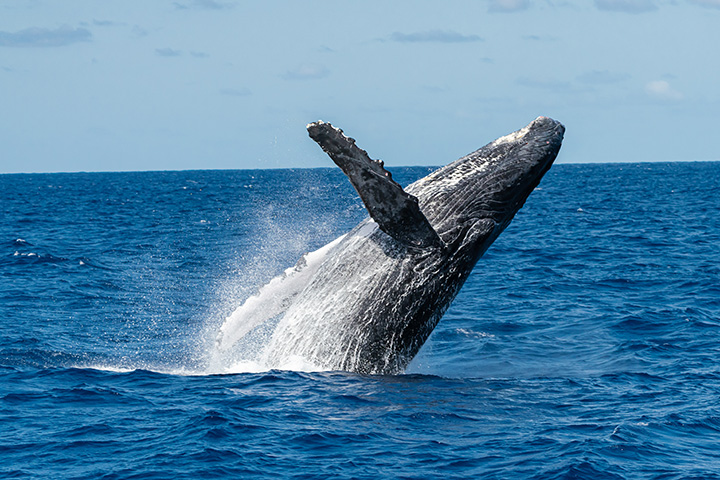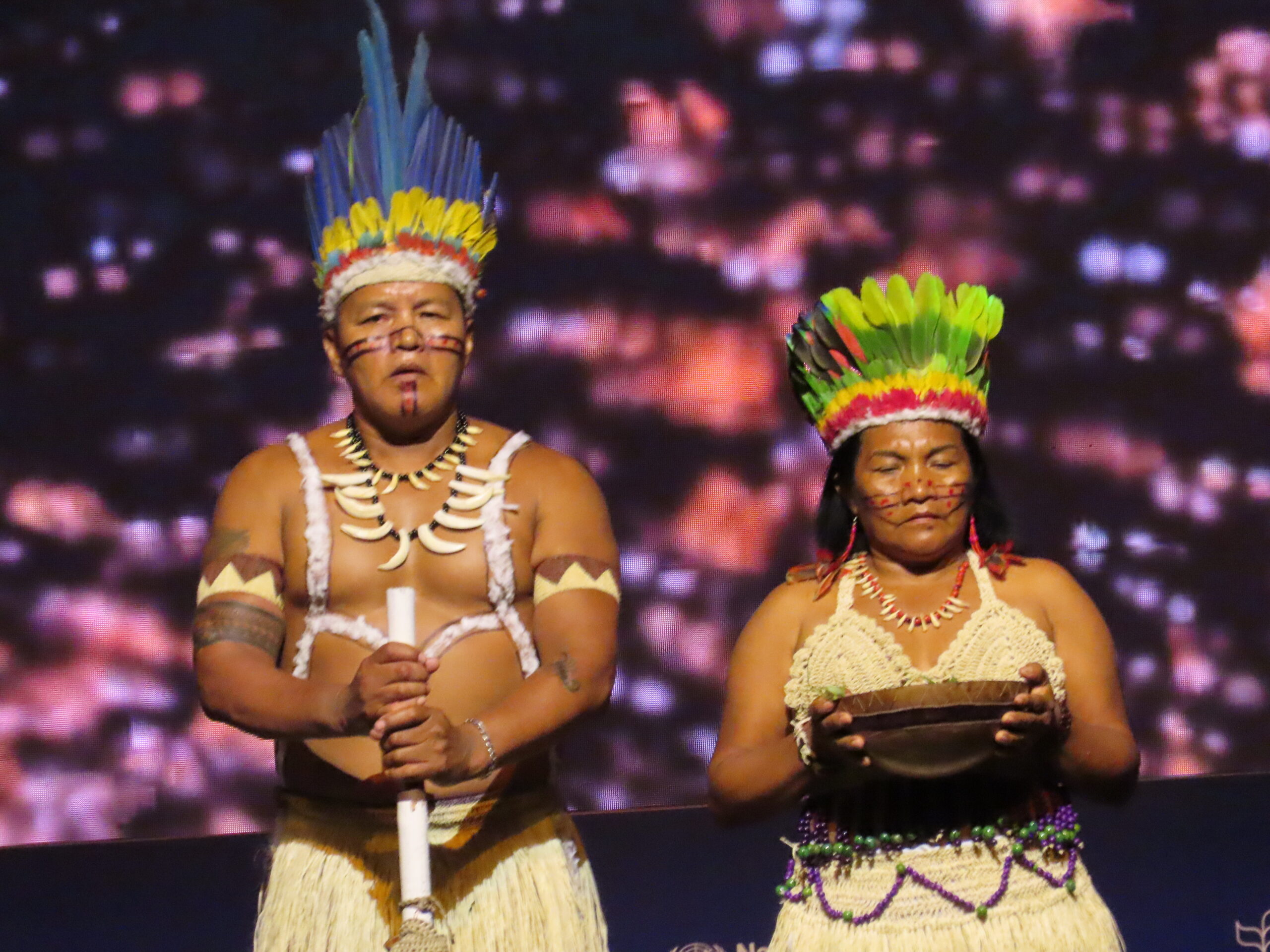
先住民と地域社会( Indigenous Peoples and Local Communities , IPLCs) は、祖先から受け継がれた土地との深いつながりや豊かな文化・生態学的知識を通じて、生物多様性保全の中心的な存在です。この重要な役割を認識し、COP16 では、IPLCs を包括的な枠組みに組み込む大きな前進が見られました。これは、包摂性と協力の新たな基準を設定するものです。
IPLCs:世界の生物多様性の保護者
IPLCs は、生物多様性保全において独自の位置を占めています。彼らの伝統的な知識は世代を超えて受け継がれ、現代科学を補完することで、持続可能な土地利用、生態系管理、種の保全に関する貴重な洞察を提供しています。この IPLCs と生物多様性の相互依存性は、COP15 で採択された「昆明・モントリオール生物多様性枠組み」の基盤でした。同枠組みの 23 の目標のうち、8 つは IPLCs に焦点を当てており、持続可能な土地管理、文化遺産の保全、公平な資源分配の達成に向けた役割を強調しています。
IPLCs の貢献を認めることは、彼らの過去の役割を評価するだけでなく、持続可能な未来のために協力する呼びかけでもあります。彼らの参加は、伝統的な実践と生態学的専門知識を現代の保全戦略に統合することを可能にします。
COP16:IPLCs 包摂の転換点
「史上最も包括的な COP」とも言われた COP16 では、IPLCs を意思決定プロセスに積極的に取り込むことで、転換点を迎えました。IPLCs の高いレベルでの認識と正式な参加は、公平な代表性への取り組みを示し、彼らの視点が地球規模の生物多様性政策に織り込まれることを保証しました。
COP16 の大きな成果の一つは、第8条 (j) に基づく補助機関の設立でした。この機関は、IPLCs の権利を保護し、彼らの知識を地球規模の保全戦略に統合することを目的としています。この進展は、IPLCs の関与を制度化する方向への転換を示しています。さらに、アフロ系住民の認識も拡大され、多様性と公平性に対する会議のコミットメントを強化しました。
グローバル・サプライチェーンが IPLCs に及ぼす影響
IPLCs が生物多様性保全において重要な役割を果たしているにもかかわらず、グローバルなサプライチェーンがもたらす課題に直面しています。土地利用の変化、資源採取、産業開発などの商業活動は、IPLC の土地を侵害し、環境の劣化、住民の移転、文化の消失を引き起こすことがあります。
サプライチェーンは経済的な機会を提供しますが、適切に管理されない場合、IPLCs を周縁化する可能性もあります。例えば、資源採取プロジェクトは雇用を創出する一方で、IPLCs の土地と資源に対する自治を損なうことがあります。また、これらのチェーンにおける持続不可能な実践は、生息地の喪失と生物多様性の低下を悪化させ、IPLCs が長年守ってきた生態系に直接影響を及ぼします。
これらの課題は、グローバルなビジネス活動における透明性と説明責任の向上が必要であることを示しています。経済発展が環境や文化的な完全性を犠牲にすることがないようにすることが求められます。
日本企業への提言:IPLCs とのパートナーシップ
この問題に対処するため、日本企業は、IPLCs と持続可能で公平な関係を築く上で積極的な役割を果たすことができます。以下の 4 ステップのアプローチがその指針となります。
- リスク評価への IPLC の懸念の反映: ビジネス活動が IPLC の土地、資源、権利にどのような影響を与えるかを評価し、被害を最小限に抑える。
- 利害関係者との対話の促進: IPLC との意味のあるコミュニケーションを確立し、信頼を築き、懸念に対処し、相互利益のあるパートナーシップを育む。
- 能力開発の支援: トレーニングやリソースを通じて IPLC をエンパワーメントし、保全と経済的イニシアティブに効果的に参加できるようにする。
- サプライチェーンの透明性向上: 明確で倫理的なサプライチェーンの実践を確保し、説明責任を促進し、IPLC の生計を支える。
これらの行動はリスクを軽減するだけでなく、企業が世界の生物多様性目標を達成する上での味方としての地位を確立することにもつながります。
共に歩む未来
COP16 の成果は、生物多様性保全における不可欠なパートナーとしての IPLC を認識する流れの高まりを反映しています。彼らの参加を制度化し、権利、知識、貢献を認めることで、包括的かつ効果的な環境ガバナンスへの重要な一歩が踏み出されました。
政府、企業、国際機関にとって、IPLC との強固なパートナーシップを育むことは、倫理的責任であるだけでなく、生物多様性危機に対処するための実践的な必要性でもあります。IPLC を保全活動に統合することで、伝統的な知恵と現代的な戦略が手を携えることを可能にし、文化遺産と生態学的バランスを尊重した持続可能な未来への道筋が開かれます。
持続可能性に向けたこの共通の旅路において、IPLCs は重要な味方であり、生物多様性の保全が、世代を超えてそれを守り続けてきたコミュニティの保護と切り離せないことを世界に思い起こさせています。
サルマ・ラギニ
アドボカシー コーディネーター
IUCN日本委員会
Indigenous Peoples and Local Communities (IPLCs):
Champions of Biodiversity and Their Role in COP16 Outcomes
Indigenous Peoples and Local Communities (IPLCs) are at the heart of global biodiversity conservation efforts, serving as stewards of ecosystems through their deep-rooted connections to ancestral lands and their rich cultural and ecological knowledge. Recognizing their vital role, the Convention on Biological Diversity’s COP16 in Colombia took significant steps to integrate IPLCs into its framework, setting a precedent for inclusivity and collaboration.
IPLCs: Custodians of Global Biodiversity
IPLCs hold a unique position in biodiversity conservation. Their traditional knowledge, passed through generations, complements modern science, offering invaluable insights into sustainable land use, ecosystem management, and species preservation. This interdependence between IPLCs and biodiversity was a cornerstone of the Kunming-Montreal Global Biodiversity Framework adopted at COP15. Notably, eight of the framework’s 23 targets explicitly focus on IPLCs, underlining their role in achieving sustainable land management, preserving cultural heritage, and ensuring equitable resource distribution.
The recognition of IPLCs’ contributions is not just an acknowledgment of their past stewardship but also a call to collaborate for a sustainable future. Their inclusion in biodiversity goals ensures that traditional practices and ecological expertise are integrated into modern conservation strategies.
COP16: A Milestone in IPLC Inclusion
Described as “perhaps the most inclusive COP ever,” COP16 marked a turning point for IPLCs, actively incorporating their voices into decision-making processes. High-level recognition and formal participation of IPLCs demonstrated a commitment to equitable representation, ensuring their perspectives were woven into global biodiversity policies.
A major achievement of COP16 was the establishment of a Subsidiary Body under Article 8(j), dedicated to safeguarding IPLCs’ rights and integrating their knowledge into global conservation strategies. This development signifies a shift toward institutionalizing IPLC engagement. Moreover, the recognition of Afro-descendant communities further expanded the scope of inclusivity, reinforcing the conference’s commitment to diversity and equity in addressing biodiversity challenges.
The Impact of Global Supply Chains on IPLCs
Despite their critical role in biodiversity preservation, IPLCs face significant challenges posed by global supply chains. Commercial activities such as land use changes, resource extraction, and industrial development often disrupt IPLC lands, leading to environmental degradation, displacement, and cultural erosion.
While supply chains offer economic opportunities, they can also marginalize IPLCs if not managed equitably. For instance, resource extraction projects may provide jobs but often come at the expense of IPLC autonomy over their lands and resources. Additionally, unsustainable practices in these chains exacerbate habitat loss and biodiversity decline, directly affecting the ecosystems IPLCs have long protected.
These challenges highlight the need for greater transparency and accountability in global business operations, ensuring that economic development does not come at the cost of environmental and cultural integrity.
Partnering with IPLCs: Recommendations for Japanese Businesses
To address these issues, Japanese businesses can play a proactive role in fostering sustainable and equitable relationships with IPLCs. A four-step approach can guide their efforts:
- Incorporate IPLC Concerns into Risk Assessments: Evaluating how business operations affect IPLC lands, resources, and rights is essential for minimizing harm.
- Engage in Stakeholder Dialogue: Establishing meaningful communication with IPLCs helps build trust, address concerns, and foster mutually beneficial partnerships.
- Support Capacity Building: Empowering IPLCs through training and resources enables them to participate in conservation and economic initiatives effectively.
- Enhance Supply Chain Transparency: Ensuring clear and ethical supply chain practices promotes accountability and supports IPLC livelihoods.
These actions not only mitigate risks but also position businesses as allies in achieving global biodiversity goals.
A Shared Path Forward
The outcomes of COP16 reflect a growing recognition of IPLCs as indispensable partners in biodiversity conservation. By institutionalizing their participation and acknowledging their rights, knowledge, and contributions, the global community has taken a significant step toward more inclusive and effective environmental governance.
For governments, businesses, and international organizations, fostering stronger partnerships with IPLCs is not just a moral imperative—it is a practical necessity for addressing the biodiversity crisis. Integrating IPLCs into conservation efforts ensures that traditional wisdom and modern strategies work hand in hand, paving the way for a sustainable future that respects cultural heritage and ecological balance.
In this shared journey toward sustainability, IPLCs stand as vital allies, reminding the world that preserving biodiversity is inseparable from protecting the communities who have safeguarded it for generations.
Ragini Sarmah
Advocacy Coordinator
IUCN-Japan
